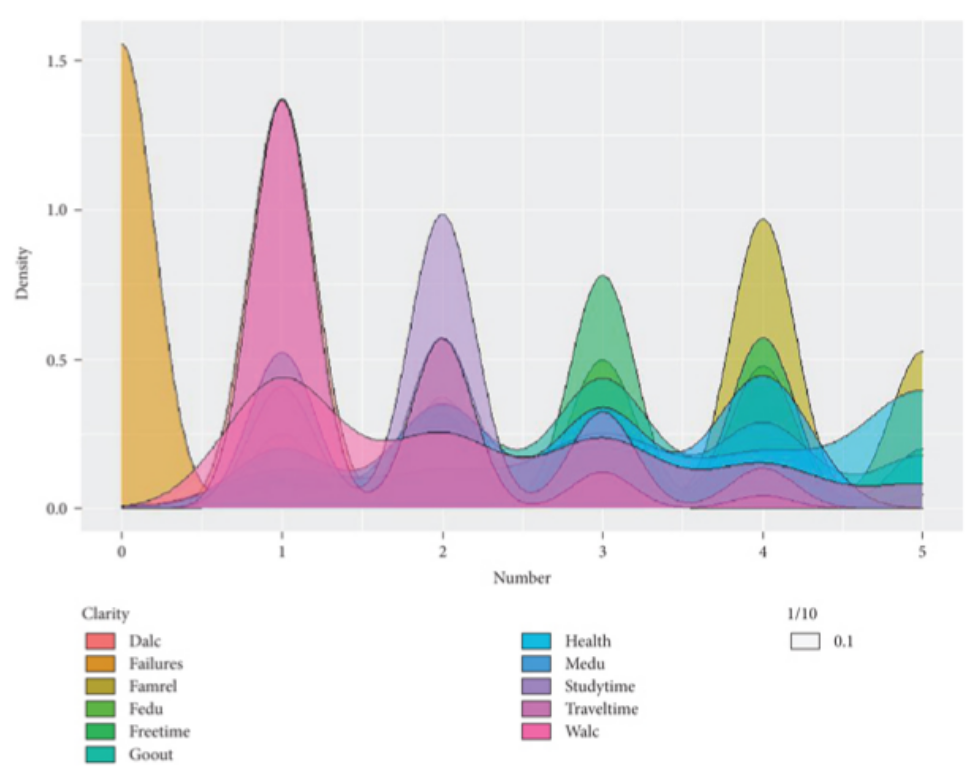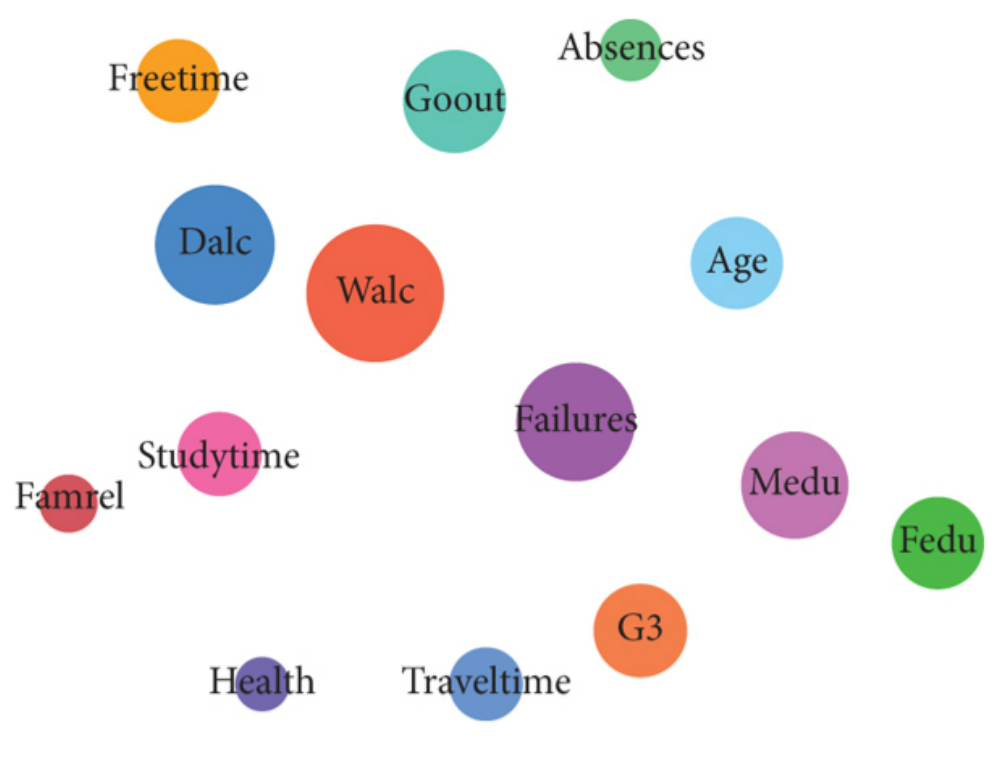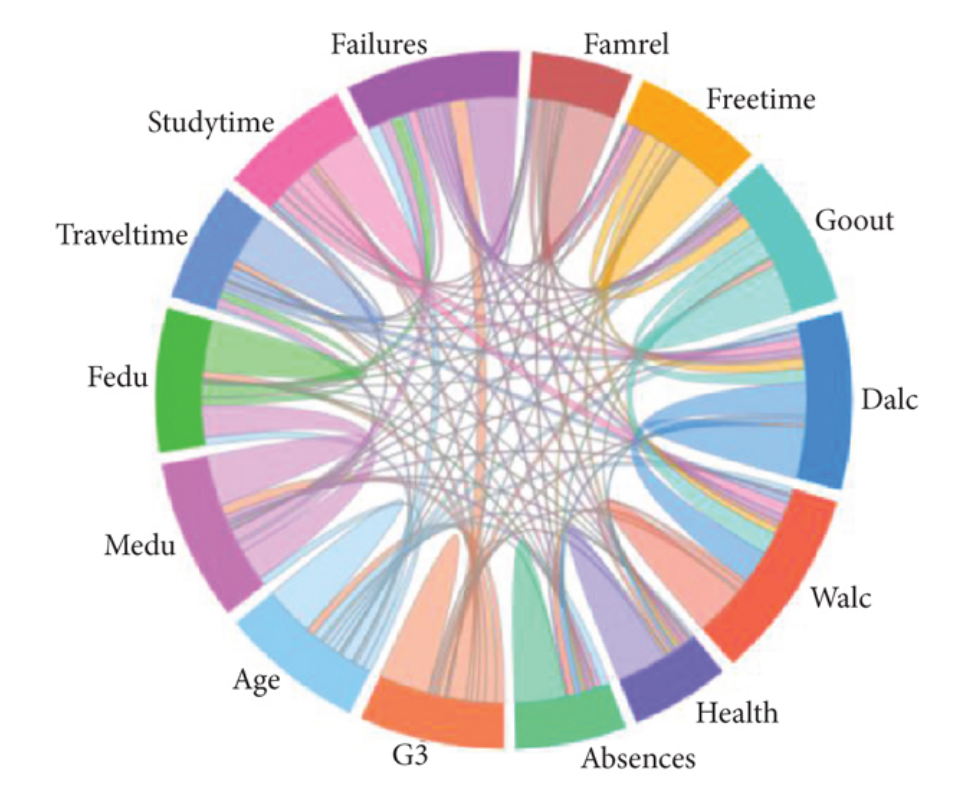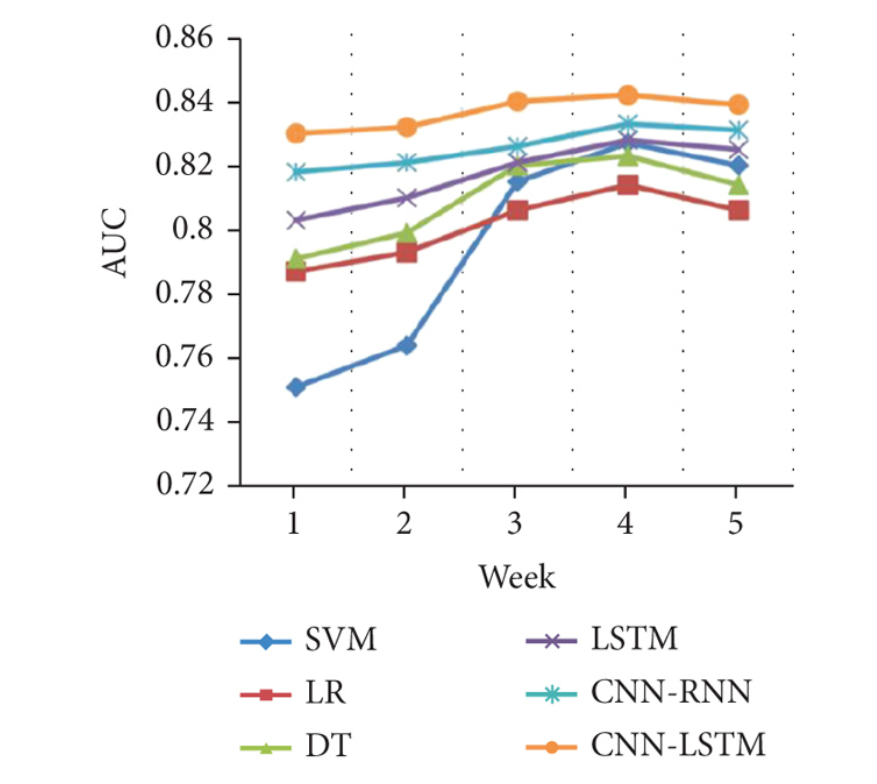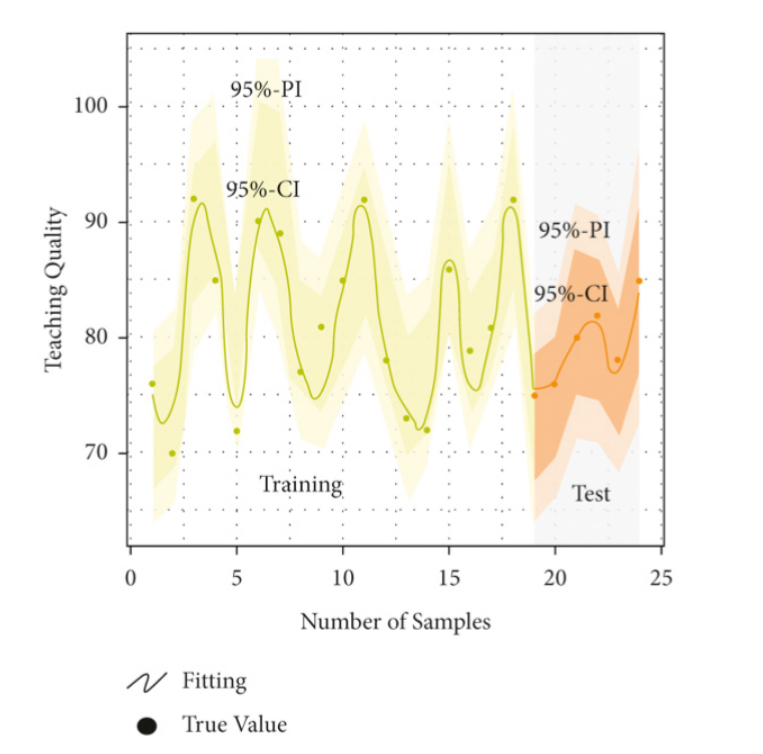 An open access journal
An open access journal
Study on the Incentive Effect of R&D Expense Plus Deduction on Innovation of Science and Technology-based SMEs
Abstract
In the report of the 20th Party Congress in 2022, the core position of science and technology innovation is further emphasized, which also plays an important role in China's economic growth. Science and technology-based small and medium-sized enterprises (SMEs) in the survival and development of the road, facing financing difficulties and other heavy obstacles, need the government to actively play a function, with the help of fiscal and taxation policy means, for science and technology-based SMEs financing to provide strong support. As an important tax benefit, the additional deduction for R&D expenses aims to incentivize and support science and technology-based SMEs to strengthen technological innovation and enhance their independent R&D capability. On this basis, selected science and technology-based SMEs successfully listed on the China Growth Enterprise Market (GEM) during the period from 2018 to 2023 as a sample for empirical analysis, and utilized the fixed-effect model, a statistical method, to accurately explore the actual impact of the add-and-deduct policy on the innovation investment of science and technology-based SMEs. The study also takes the financing constraints suffered by enterprises as a mediating variable and analyzes whether it works through a signaling mechanism. The strength of R&D expense deduction and the intensity of innovation investment of SMEs in science and technology show a significant positive correlation. The study confirms that it works through a signaling mechanism to alleviate the financing constraints enterprises suffer. The effect of this policy is more prominent for those SMEs with high-tech enterprise status or in the "mature" stage of their life cycle. On this basis, the paper proposes a series of targeted strategic recommendations from the perspectives of both enterprises and the government.
Share and Cite
Article Metrics
References
- Myers S C, Majluf N S. Corporate Financing and Investment Decisions when Firms Have Information that Investors Do Not Have[J]. Journal of financial economics, 1984, 13(2): 187-221.
- Chang C A . Tax policy endogeneity: evidence from RD tax credits[J].Economics of Innovation and New Technology,2018,27(8):809-833.
- Guellec D,Potterie B.The Impact of Public R&D Expenditure on Business R&D[J].OECD Science, Technology and Industry Working Papers,2000.
- Bernstein, Jeffrey I.The Effect of Direct and Indirect Tax Incentives on Canadian Industrial R&D Expenditures[J].Canadian Public Policy,1986,12(3):438-448.
- Brown L J, Krull K L . Stock Options, RD, and the RD Tax Credit[J].The Accounting Review,2008,83(3):705-734.
- Bloom N, Griffith R, Reenen V J .Do RD tax credits work? Evidence from a panel of countries 1979–1997[J].Journal of Public Economics,2002,85(1):1-31.
- Boeing P, Mueller E, Sandner China's R&D Explosion--Analyzing Productivity Effects across Ownership Types and Over Time[J].Research Policy,2015,45(1):159-176.
- Cumming D., Johan S.Phasing Out an Inefficient Venture Capital Tax Credit[J].Journal of Industry Competition and Trade,2010,10(3):227-252.
- Mansfield, E. . Patents and innovation: An empirical study[J]. Management Science,1986( 32): 173 - 181.
- Lerner, J.The Government as Venture Capitalist: the Long-Run Impact of the SBIR Program[J].Journal of Business,1999,72(3):285-318.
- Kleer,R.Government R&D Subsidies as a Signal for Private Investors[J].Research Policy,2010,39(10):1361-1374.
- Takalo,T.,and T.Tanayama.Adverse Selection and Financing of Innovation: Is There A Need for R&D Subsidies[J].Journal of Technology Transfer,2010,35(1):16-41.
- Feldman,M.P.,and M.R.Kelley.The Ex ante Assessment of Knowledge Spillovers: Government R&D Policy, Economic Incentives and Private Firm Behavior[J].Research Policy,2006,35(10):1509-1521.
- Bernstein, Jeffrey I.The Effect of Direct and Indirect Tax Incentives on Canadian Industrial R&D Expenditures[J].Canadian Public Policy,1986,12(3):438-448.
- Bloom N, Griffith R, Reenen V J .Do RD tax credits work? Evidence from a panel of countries 1979–1997[J].Journal of Public Economics,2002,85(1):1-31.

